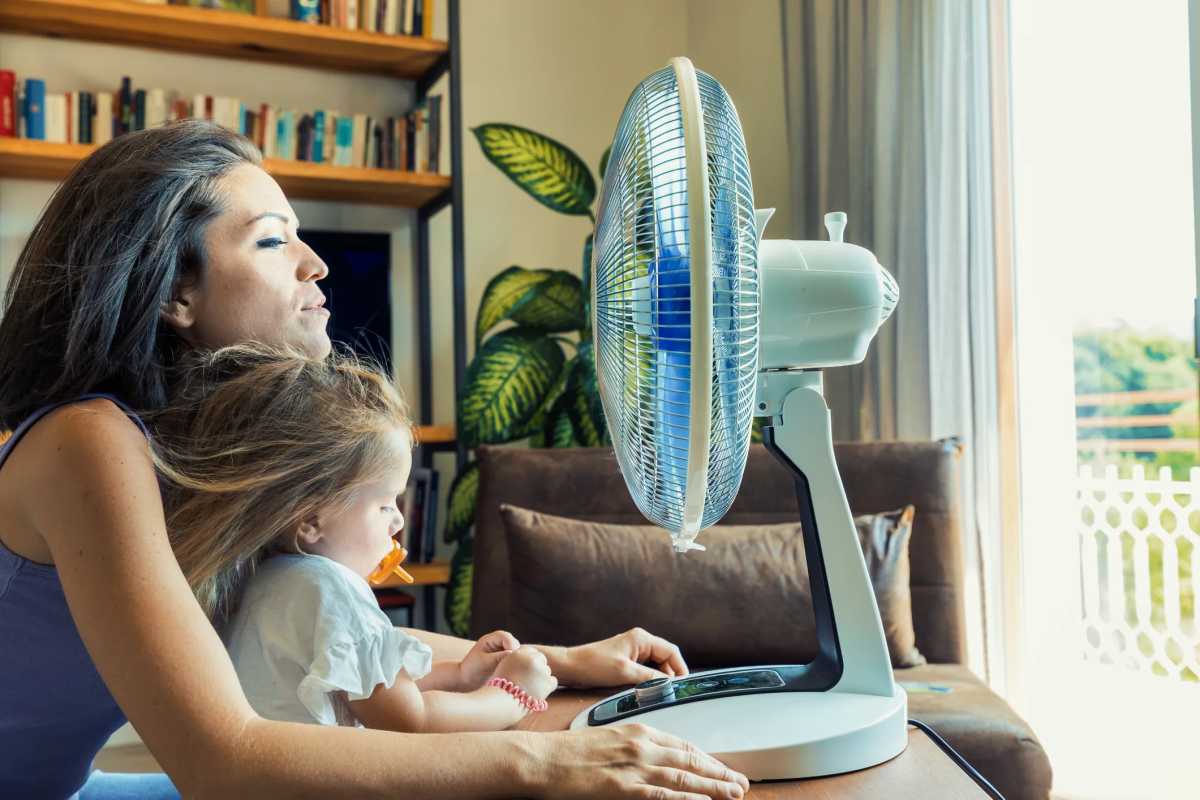Teen Anxiety
• Mary is a freshman in high school whose nervous morning stomach won’t allow her to even consider food, much less swallow anything. By the time she reaches school, she often needs to go and throw up before her first class.
• At night, Sam, a junior, lies in bed, staring at the ceiling, thinking about his grades, college applications and his girlfriend who is pressuring him to be more fun. Sleepless, he works himself into a knot, often resorting to online chat rooms for an hour or so before finally going back to bed.
• Kara, in eighth grade, feels she is not doing well enough in school and is afraid that if she brings home any Bs her parents will send her off to private school where she knows she would be miserable, missing her friends and classmates. She has started experimenting with alcohol on weekends and has found it is the one thing that relaxes her.
• Since his grandfather died six months ago, sophomore Josh worries a lot about his own parents and how he can make things safer so nothing will happen to them. He finds himself reaching for his cell phone during his lunch period to check in with his Dad at work.
Informal polling of local mental health workers reveals that more and more students and families are seeking counseling and guidance with stress and symptoms of anxiety.
What stresses kids? Stress for kids comes from without – family problems, social issues, school performance, health concerns, and the state of the world, or from within – self-generated pressure to conform, to perform, or to be different.
The “flight or fight” response is programmed chemically into our brains and bodies. However, as anyone who has ever experienced “butterflies” knows, there are side effects of the adrenaline rush. These include headache, stomachache, muscle tension, difficulty breathing deeply, a lack of appetite, difficulty sleeping and sweaty hands and feet.
Most teens admit they do not know how to cope with stress. They discover, by trial and error, some methods that may work for them. Procrastination, distraction, evasion, fighting, food and alcohol are some of the maladaptive methods they discover. When they look at the problem carefully, however, they realize that these techniques often intensify the stress. Other times, teens discover that sports, friends, talking to parents, listening to music, exercise and sleep are helpful stress breakers.
Stress is inevitable in our lives. But we need to assess the sources of excess stress and see if they can be minimized. Taking stock with a friend, parent, doctor, or therapist often helps to identify the major internal and external stressors, some of which may be self-imposed. When we recognize them for what they are, change can happen.
Teach kids to change the music in their heads. Certain messages play in kids’ heads the same way the low-volume music at a supermarket plays overhead. “I can’t do this.” “I hate my body.” “I’m so worried.” These are some of the phrases that play over and over. Kids can consciously change the message, teaching themselves to say, “I can do it.” “People like me for who I am.” “This is going to be ok, if I only breathe through it.”
Teach kids about mindfulness. Helping kids to focus their thoughts on the present moment prevents the escalation of worry. Mindfulness takes practice. It is a combination of learning to focus on a discrete moment in time and allowing intensive thoughts, feelings and worries to float by as if on a cloud, if only temporarily.
Teach kids to breathe. The simple art of deep breathing and body-mind cleansing is an ancient technique that makes sense. It needs to be taught and then practiced on a continuing basis. It soon becomes a habit and can serve the owner well. If Mary, Sam, Kara and Josh knew breathing techniques, they might not be having the visceral reactions (vomiting or insomnia) or reaching for other harmful ways of coping (such as drinking alcohol).
Doctor Engelland’s practice, BridgeSpan Medicine for teens and young adults, is in White Plains. She sees patients ages 10-25 for primary care, teen gynecology and other issues of this age group. www.AnnEngellandMD.com.













